Home>Home Maintenance>Divorced: Who Pays For Home Repairs


Home Maintenance
Divorced: Who Pays For Home Repairs
Modified: March 6, 2024
The responsibility for home repairs after a divorce can vary. Find out who pays for home maintenance, including repairs and renovations, with our expert advice.
(Many of the links in this article redirect to a specific reviewed product. Your purchase of these products through affiliate links helps to generate commission for Storables.com, at no extra cost. Learn more)
Introduction
Divorce can be a challenging and emotionally taxing process. Alongside the emotional turmoil, couples going through a divorce also have to deal with various practical and financial aspects, including the division of assets and determining financial obligations.
One such aspect that often arises during divorce proceedings is the responsibility for home repairs. Whether it’s a leaking roof, a broken appliance, or a malfunctioning HVAC system, home maintenance issues can add stress and additional financial burdens to an already difficult situation.
When a couple decides to part ways, the question of who pays for home repairs can become a contentious issue. In many cases, the decision is guided by the divorce settlement agreement or court orders. However, there are various factors that can influence the allocation of responsibility for home repairs.
In this article, we will explore the key factors involved in divorce settlements and discuss how responsibility for home repairs is determined. We will also examine the factors that may influence payment for home repairs, and offer potential solutions for addressing these costs.
It is important to note that divorce laws and regulations may vary from one jurisdiction to another, so it is crucial to consult with a legal professional to understand how the specific laws in your area may impact your situation.
Key Takeaways:
- During a divorce, responsibility for home repairs depends on property ownership, financial capabilities, and custody arrangements. It’s important to communicate openly and consider the best interests of the children.
- Divorcing couples can address home repair costs by setting up a repair fund, including repair costs in the settlement agreement, or seeking mediation. Collaboration and empathy are crucial in finding fair solutions.
Key Factors in Divorce Settlements
When it comes to divorce settlements, several key factors come into play. These factors are taken into consideration when determining how assets, including property and financial responsibilities, should be divided between the divorcing parties. Understanding these factors is essential in understanding how responsibility for home repairs is determined.
1. Property Ownership: One crucial factor is the ownership of the property. If the property is jointly owned, both parties may have equal responsibility for home repairs. However, if one party has sole ownership, they may be solely responsible for the cost of repairs.
2. Marital Settlement Agreements: In some cases, couples may have a prenuptial or postnuptial agreement that outlines how assets and financial responsibilities will be divided in the event of a divorce. These agreements can specify who is responsible for home repairs and may override default laws or court rulings.
3. Spousal Support and Child Custody: The financial obligations associated with spousal support and child custody can also impact responsibility for home repairs. If one party is providing financial support, they may also be responsible for home repair costs. However, this can vary depending on the specific circumstances of the divorce.
4. Income Disparity: The income disparity between the divorcing parties can also influence the allocation of responsibility for home repairs. If one party has significantly higher income or assets, they may be expected to contribute more towards home repair costs.
5. Division of Assets: As part of the divorce settlement, assets are typically divided between the parties. This can include the property itself, as well as any equity or mortgage associated with it. The division of assets can impact how responsibility for home repairs is allocated.
It’s important to keep in mind that these factors are not exhaustive and that each divorce case is unique. The final decision on responsibility for home repairs may vary depending on specific circumstances, the jurisdiction in which the divorce takes place, and the discretion of the court.
Determining Responsibility for Home Repairs
When it comes to determining responsibility for home repairs during a divorce, several factors are taken into consideration. These factors include the ownership of the property, the divorce settlement agreement, and the financial capabilities of each party.
1. Property Ownership: One of the primary factors in determining responsibility for home repairs is the ownership of the property. If the property is jointly owned, both parties may be responsible for maintaining and fixing any issues that arise. On the other hand, if one party has sole ownership of the property, they may bear the sole responsibility for home repairs.
2. Divorce Settlement Agreement: The divorce settlement agreement plays a crucial role in determining responsibility for home repairs. This agreement outlines the division of assets and financial responsibilities between the divorcing parties. It may explicitly state who is responsible for home repairs or provide guidelines for making these decisions.
3. Financial Capabilities: The financial situation of each party is also weighed when determining responsibility for home repairs. If one party has more resources and can comfortably afford the repairs, they may be expected to take on the responsibility. Conversely, if one party is struggling financially, the other party may shoulder more or all of the repair costs.
4. Parenting and Custody Arrangements: If there are children involved in the divorce, parenting and custody arrangements can impact responsibility for home repairs. The parent who retains physical custody of the children may have a greater need for a well-maintained home, leading to a shared responsibility for repairs or potentially placing the burden on one party.
5. Default Laws and Court Orders: In the absence of a clear agreement or settlement regarding home repairs, default laws or court orders may come into play. These laws can vary by jurisdiction but generally aim to ensure fairness and equitable distribution of responsibilities. Consulting with a legal professional can help you understand the specific laws applicable in your situation.
Determining responsibility for home repairs during a divorce can be complex, and there is no one-size-fits-all solution. It is important to have open and honest communication with your ex-spouse and, if needed, seek professional guidance to find a resolution that works for both parties.
When it comes to home repairs after a divorce, the responsibility for paying for them should be outlined in the divorce agreement. It’s important to clearly define who is responsible for what to avoid any confusion or disputes in the future.
Factors That May Influence Payment for Home Repairs
When it comes to payment for home repairs during a divorce, several influencing factors come into play. These factors can impact the allocation of responsibility and determine who will bear the financial burden of the repairs. Let’s explore some of these factors:
1. Financial Capability: The financial capability of each party is a significant factor in determining payment for home repairs. If one party has a higher income or more substantial financial resources, they may be expected to contribute more towards the repair costs. Conversely, if one party is struggling financially, the other party may be required to shoulder a larger portion or all of the repair expenses.
2. Property Ownership: The ownership of the property itself can influence payment for home repairs. If both parties are joint owners, they may be equally responsible for covering the costs. However, if one party has sole ownership of the property, they may have the primary responsibility for the repairs, but this can also depend on the specifics of the divorce settlement agreement.
3. Shared Responsibilities: If the divorcing parties have agreed upon joint responsibility for home repairs as part of their settlement agreement, they will likely share the financial burden. This allocation can be based on several factors such as the length of time each party has lived in the home or the division of other marital assets.
4. Parenting Arrangements: Parenting arrangements can impact payment for home repairs, especially if one parent retains physical custody of the children. In such cases, ensuring a safe and well-maintained home for the children’s well-being may be paramount, leading to a shared responsibility for home repairs or placing the burden on the parent with custody.
5. Urgency of Repairs: The urgency of the repairs can also influence payment. If the repairs are necessary to maintain the habitability and safety of the property, both parties may be more inclined to contribute to the costs. Conversely, if the repairs are more cosmetic or optional in nature, the responsibility and financial burden may fall on one party.
6. Court Orders or Mediation: In some cases, the court may issue specific orders or the divorcing parties may opt for mediation to resolve disputes related to home repair expenses. These legal interventions can provide guidance and establish a fair distribution of financial responsibilities based on the circumstances of the divorce.
It is important to note that these factors are not exhaustive, and the specific circumstances of each divorce can vary widely. Consulting with a legal professional or mediator can help you navigate through these factors and come to a fair and equitable resolution regarding payment for home repairs.
Possible Solutions for Addressing Home Repair Costs
When facing the challenge of home repair costs during a divorce, there are several possible solutions that can help address this issue. These solutions aim to find a fair and equitable resolution while considering the financial circumstances of both parties. Let’s explore some of these options:
1. Agree on Responsibility: The simplest solution is for both parties to agree on how to divide the responsibility for home repair costs. This may involve a discussion about each party’s financial capabilities and a fair allocation based on their respective incomes and resources.
2. Set Up a Repair Fund: Another option is to establish a repair fund specifically dedicated to covering home repair expenses. Both parties can contribute an agreed-upon amount to the fund, ensuring that there are sufficient funds available whenever repairs are necessary.
3. Allocate Expenses Equally: In some cases, divorcing couples may decide to split all home repair costs equally, regardless of ownership or income disparity. This can provide a more straightforward and balanced approach, ensuring both parties share the financial burden equally.
4. Allocate by Property Ownership: If one party has sole ownership of the property, they may assume full responsibility for home repair costs. Alternatively, the responsibilities can be divided based on the percentage of ownership each party has in the property.
5. Include Repair Costs in the Divorce Settlement: Including provisions for home repair costs in the divorce settlement agreement can provide clarity and guidance on how such expenses will be handled. This can help avoid disputes in the future and provide a framework for addressing repair costs as they arise.
6. Seek Mediation or Legal Assistance: If reaching a mutual agreement is proving challenging, seeking mediation or legal assistance can help facilitate a resolution. A neutral mediator or legal professional can help negotiate a fair and practical solution that takes into consideration the specific circumstances of the divorce.
7. Consider the Best Interests of the Children: If there are children involved in the divorce, it is important to consider their best interests when determining responsibility for home repair costs. Ensuring a safe and well-maintained home environment for the children’s well-being should be a priority in any decision-making process.
It is crucial for divorcing couples to open lines of communication and engage in a collaborative approach when addressing home repair costs. By working together and considering the various possible solutions, both parties can arrive at a fair and practical arrangement that minimizes conflicts and ensures the property is properly maintained.
Read more: Who Pays For The Home Inspection
Conclusion
Divorce is a challenging process that can have financial and practical implications for both parties involved. When it comes to home repair costs, determining responsibility can be a complex task that requires careful consideration of various factors.
Key factors, such as property ownership, divorce settlement agreements, financial capabilities, parenting arrangements, and default laws, play a significant role in allocating responsibility for home repairs. These factors can vary from case to case, and it is essential to consult with legal professionals to understand how they apply to your specific situation.
While there is no one-size-fits-all solution, there are potential approaches to addressing home repair costs. Couples can agree on responsibilities, set up repair funds, allocate expenses equally, consider property ownership, include repair costs in the settlement agreement, seek mediation or legal assistance, and prioritize the best interests of the children.
Ultimately, finding a fair and equitable resolution for home repair costs requires open communication, cooperation, and a willingness to compromise. It is important to approach the process with empathy and understanding, recognizing that the outcome should be mutually beneficial for both parties involved.
Divorce is a difficult time, but by addressing home repair costs with transparency and fairness, both parties can navigate this aspect of the process with less stress and conflict. By focusing on collaboration and finding practical solutions, individuals can move forward and create a new chapter in their lives.
Remember, seeking legal advice is crucial to understanding the specific laws and regulations that apply to your situation. By doing so, you can ensure that the decisions made regarding home repair costs are in line with the legal requirements and best serve your interests.
Frequently Asked Questions about Divorced: Who Pays For Home Repairs
Was this page helpful?
At Storables.com, we guarantee accurate and reliable information. Our content, validated by Expert Board Contributors, is crafted following stringent Editorial Policies. We're committed to providing you with well-researched, expert-backed insights for all your informational needs.


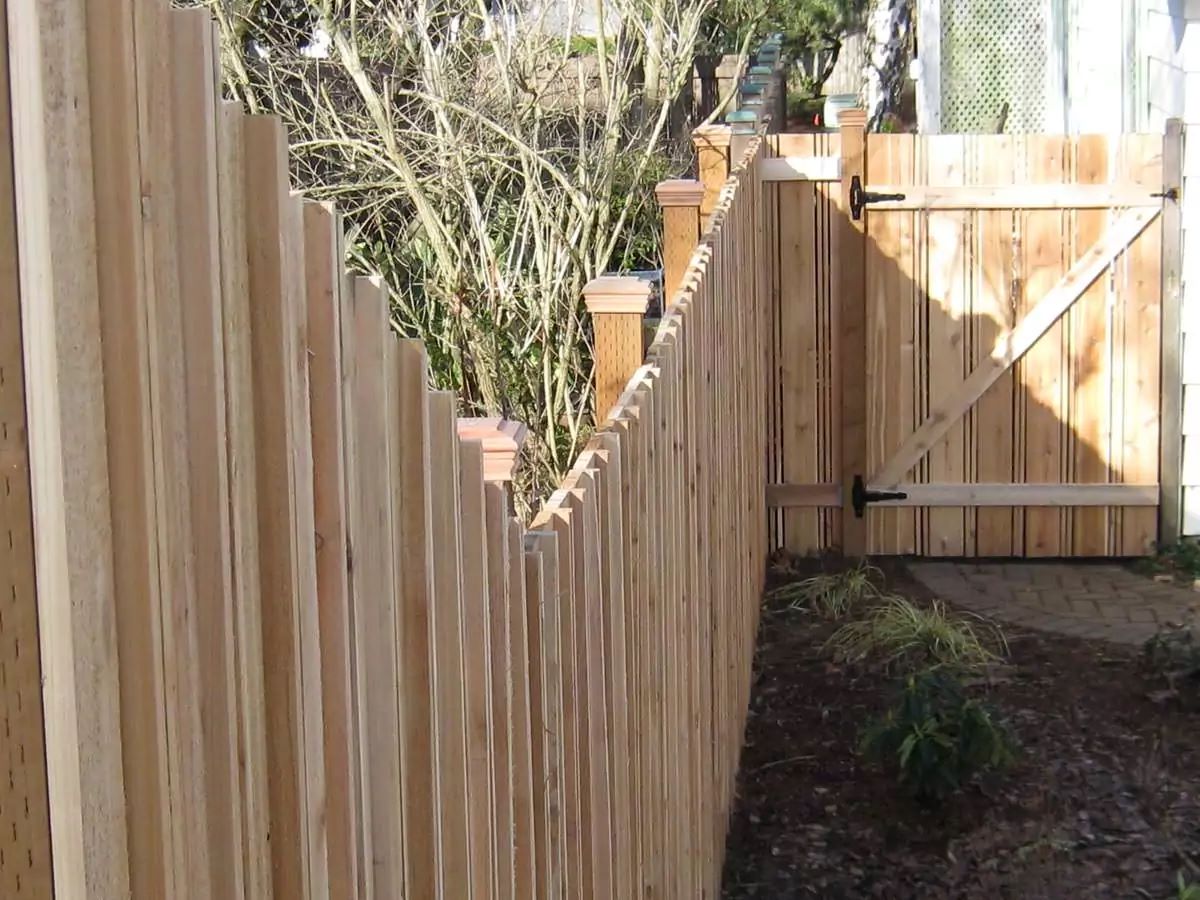
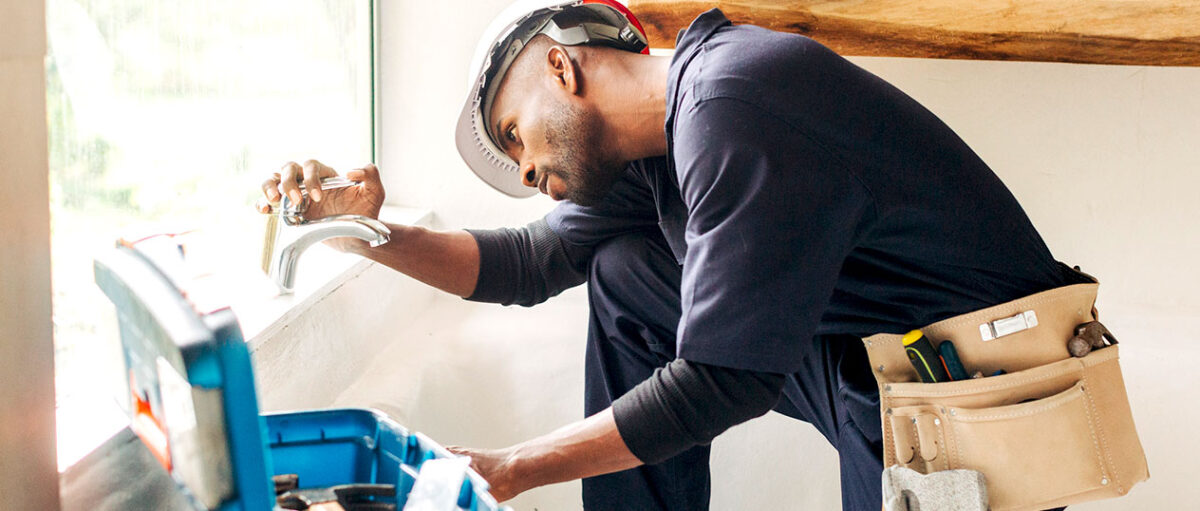
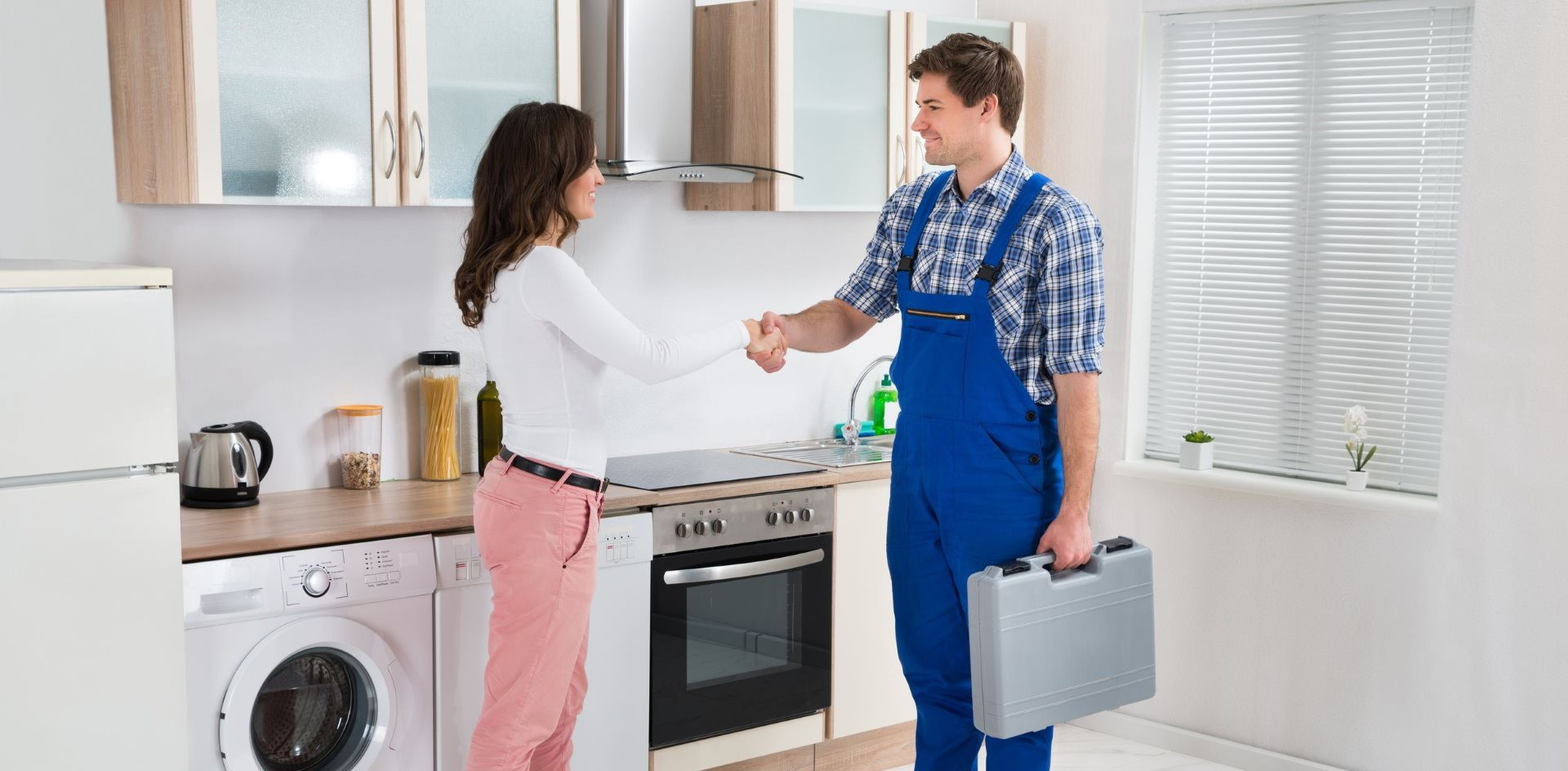
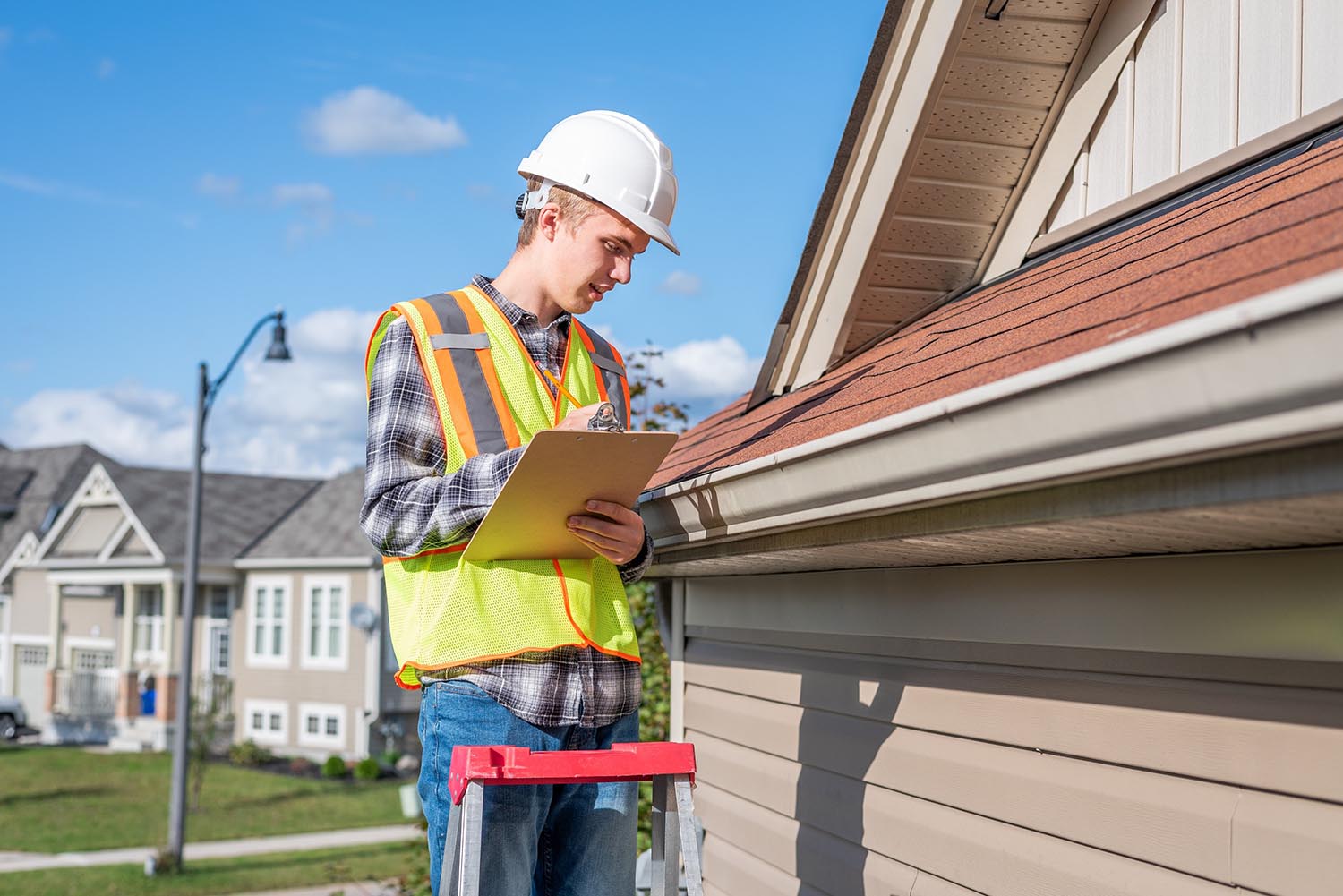

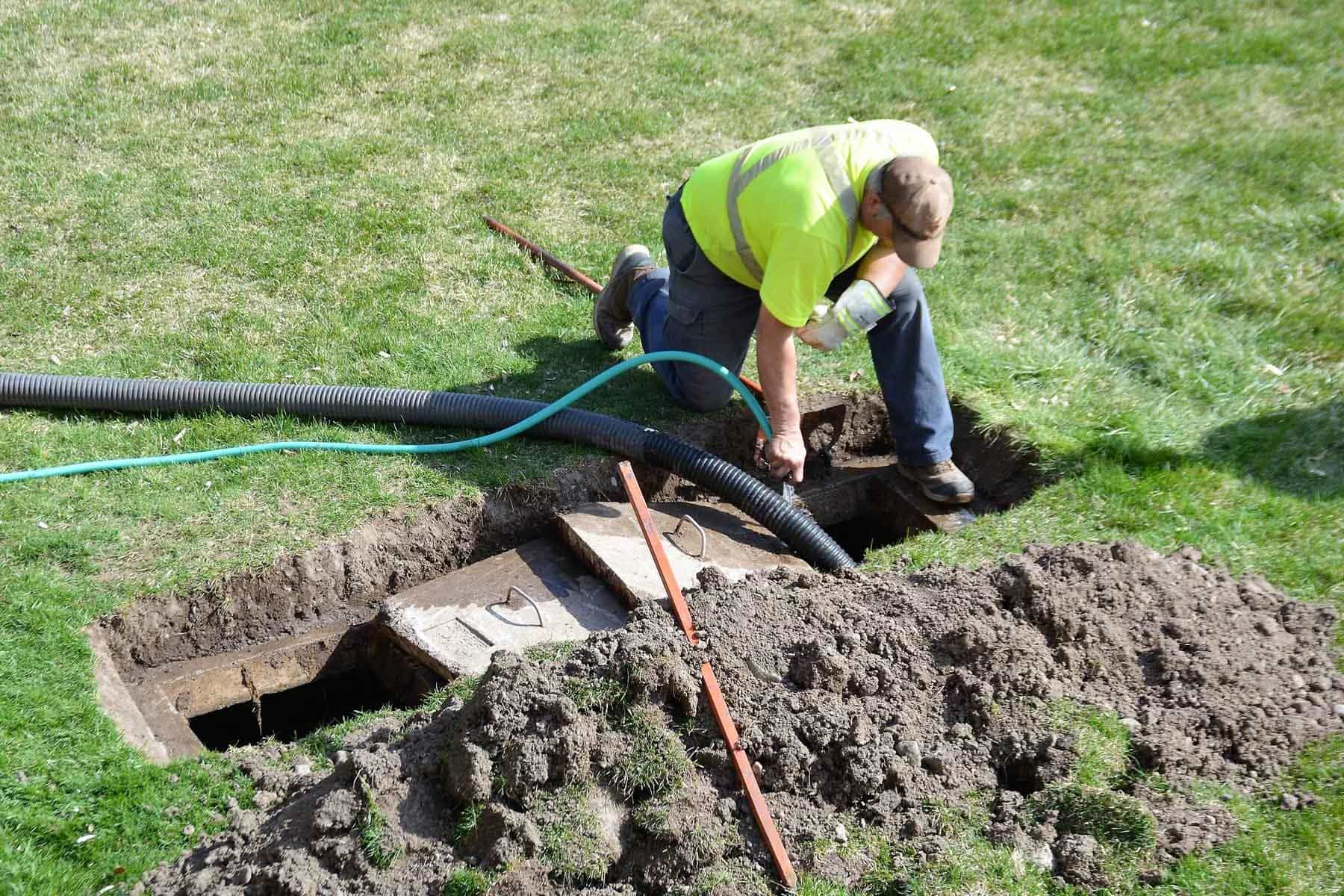
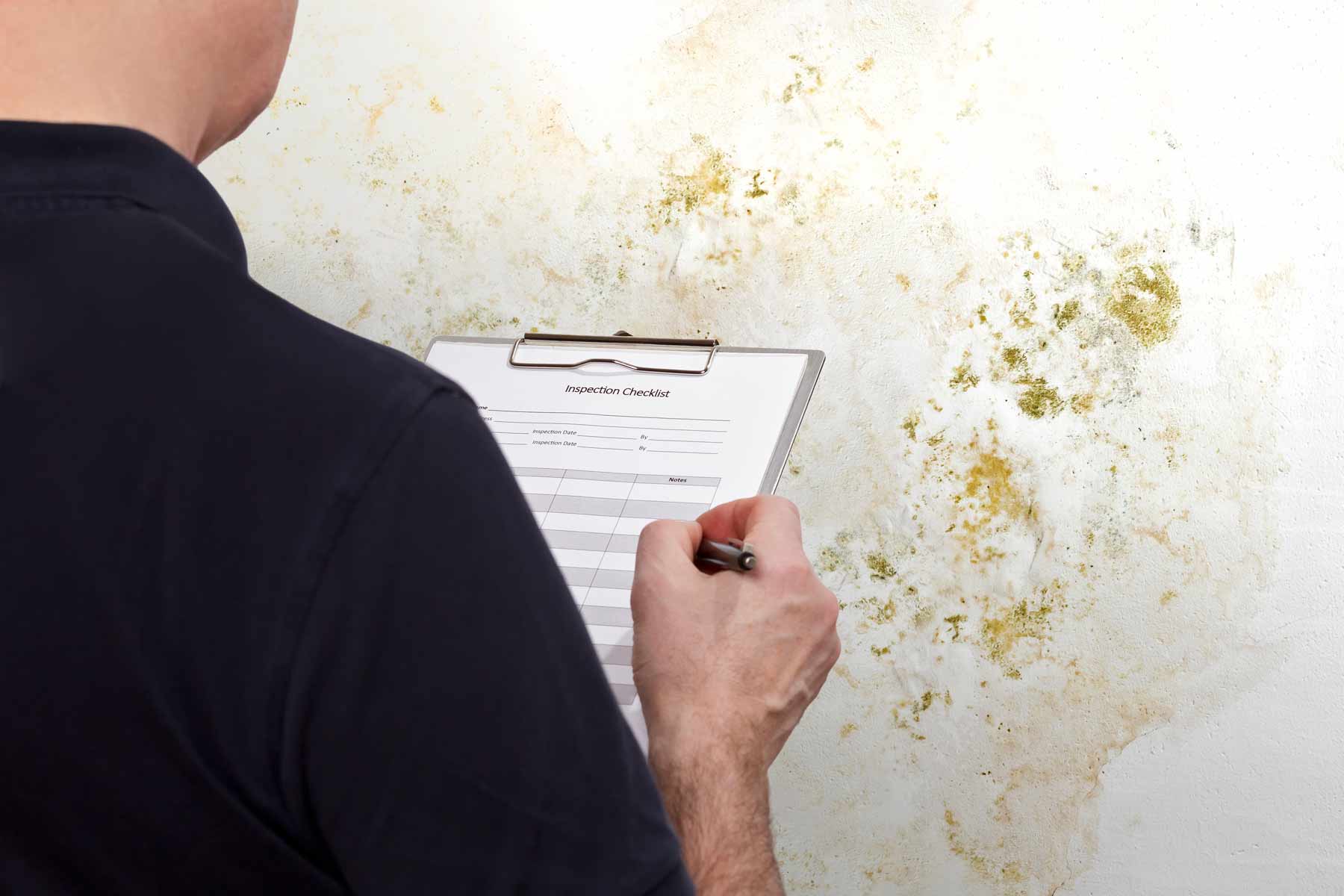

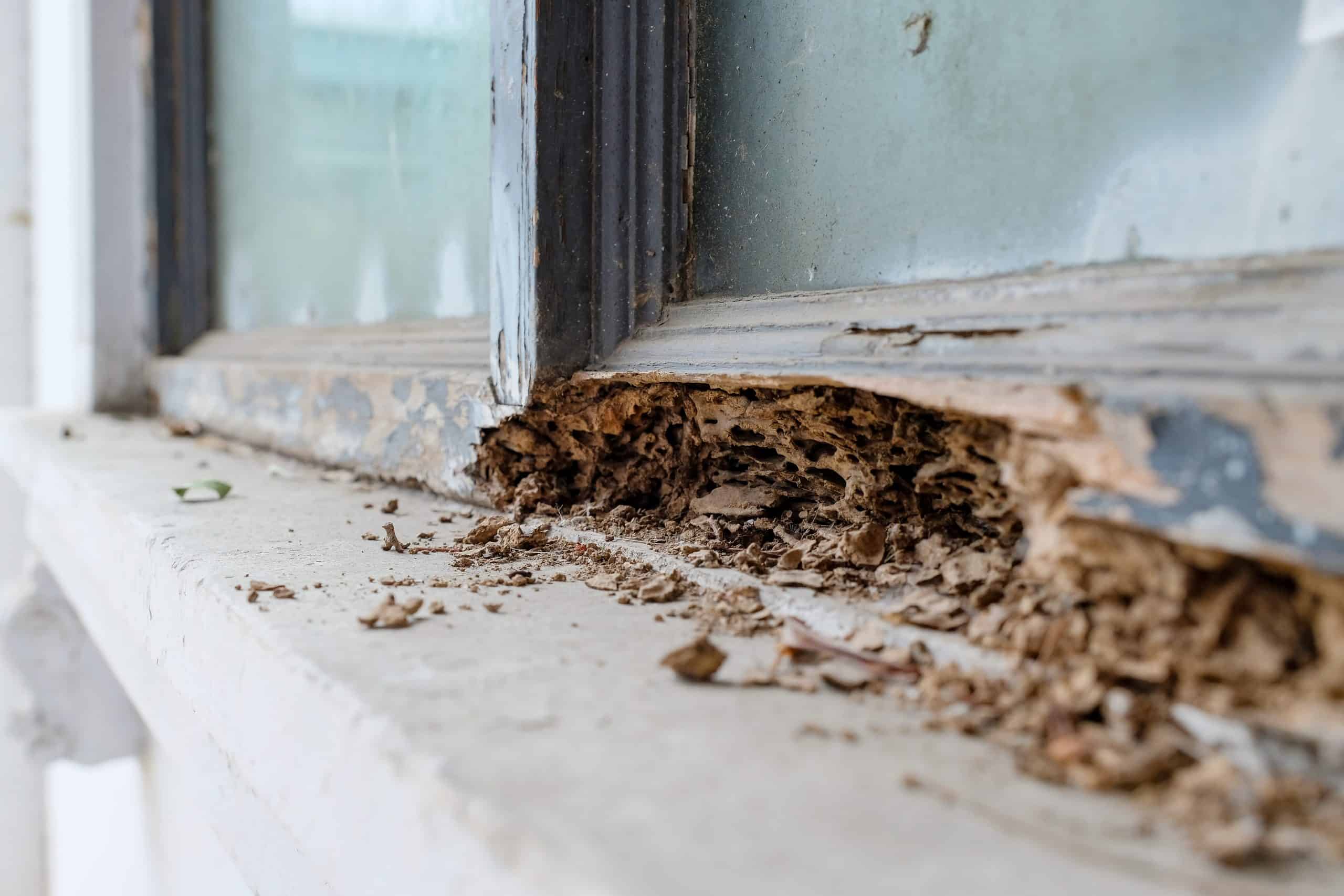
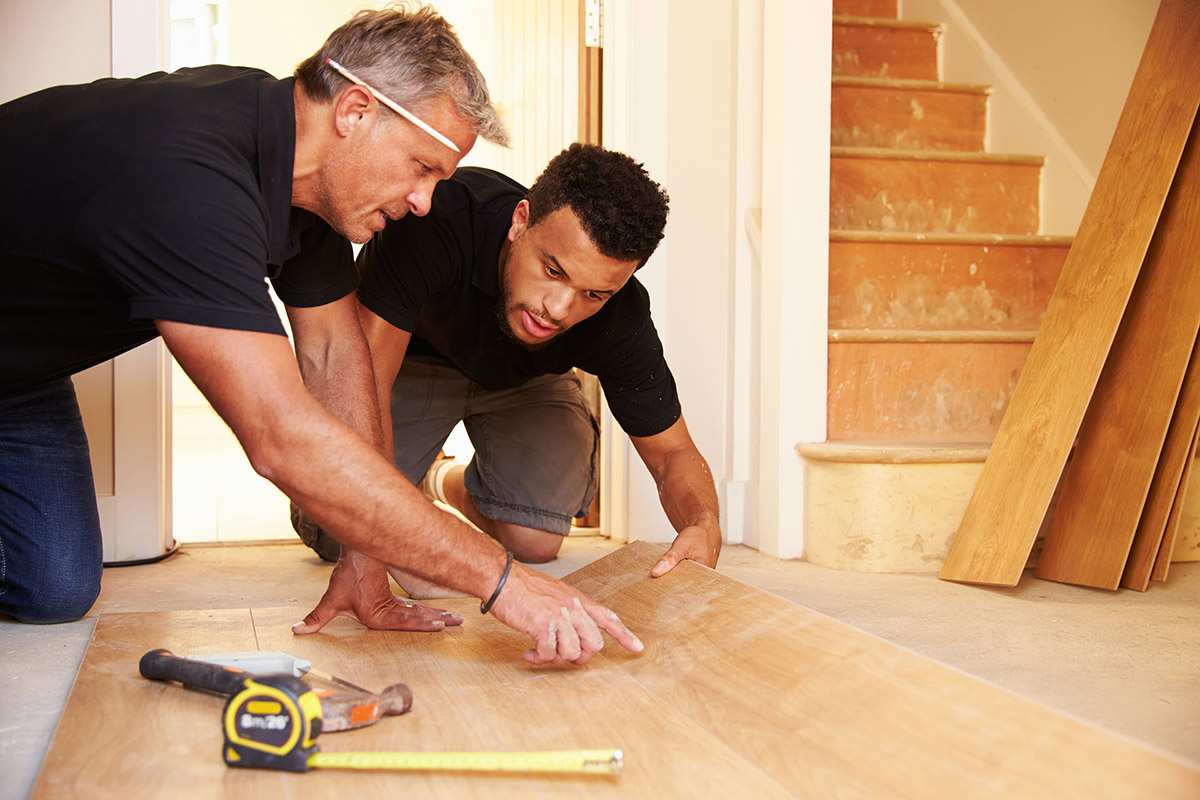
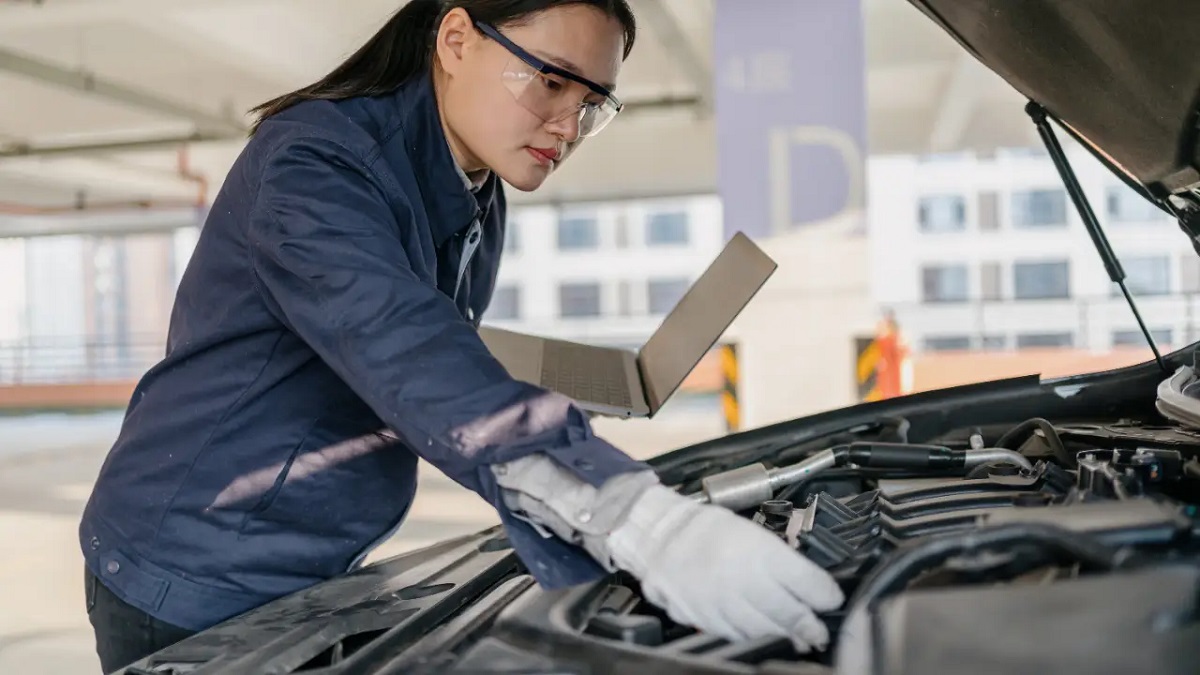
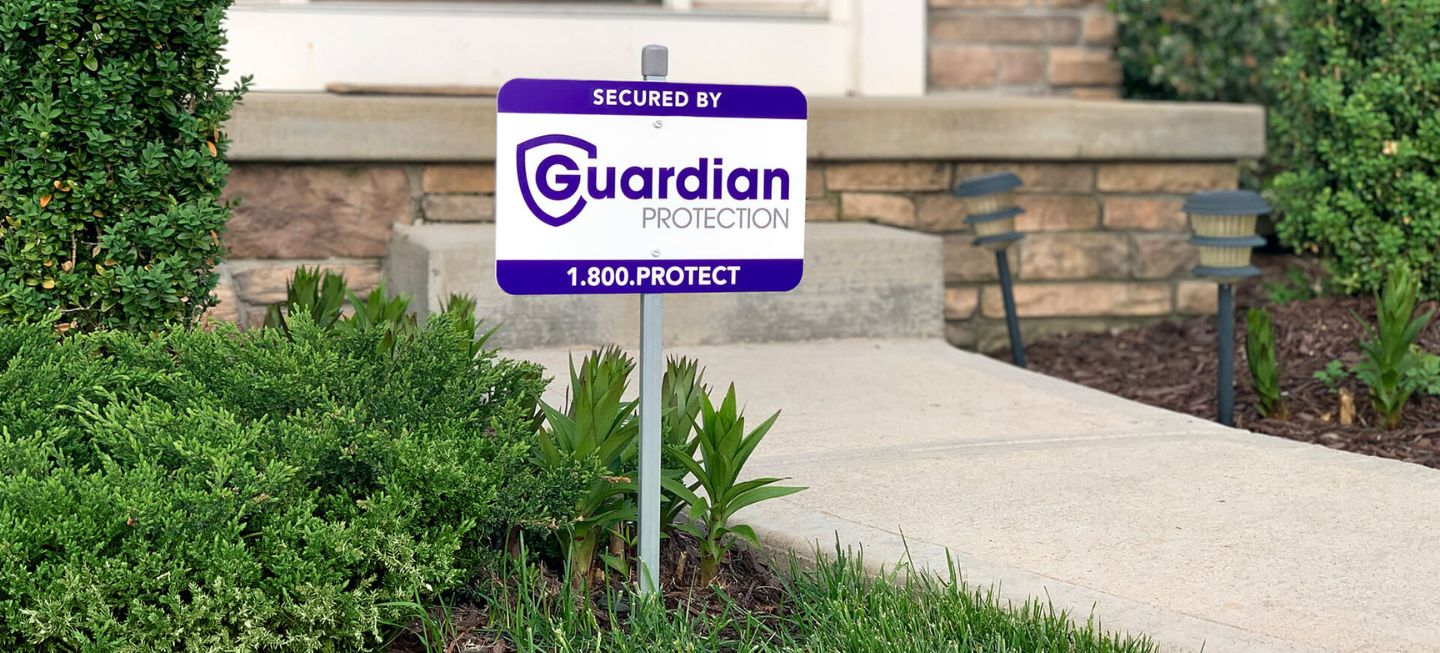

0 thoughts on “Divorced: Who Pays For Home Repairs”